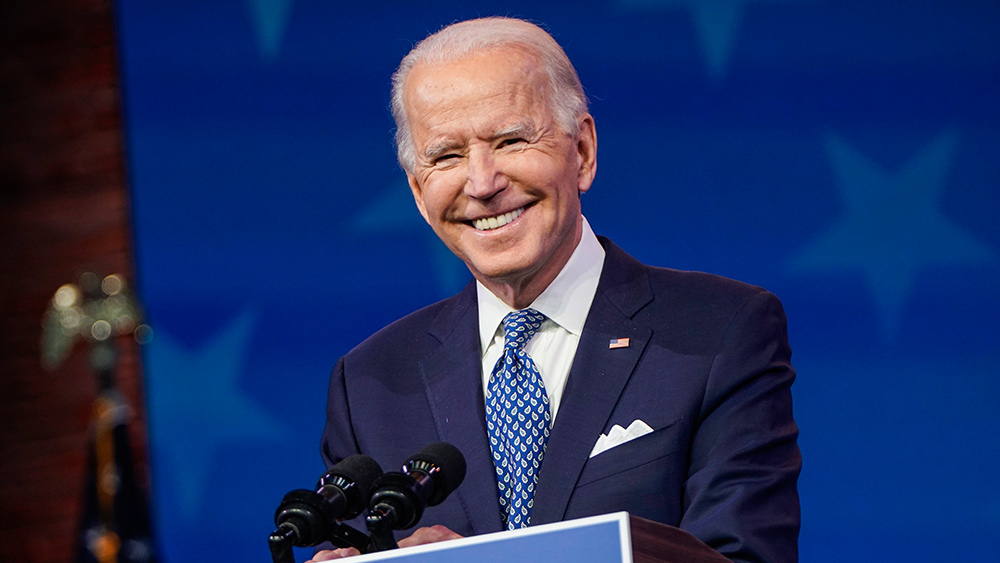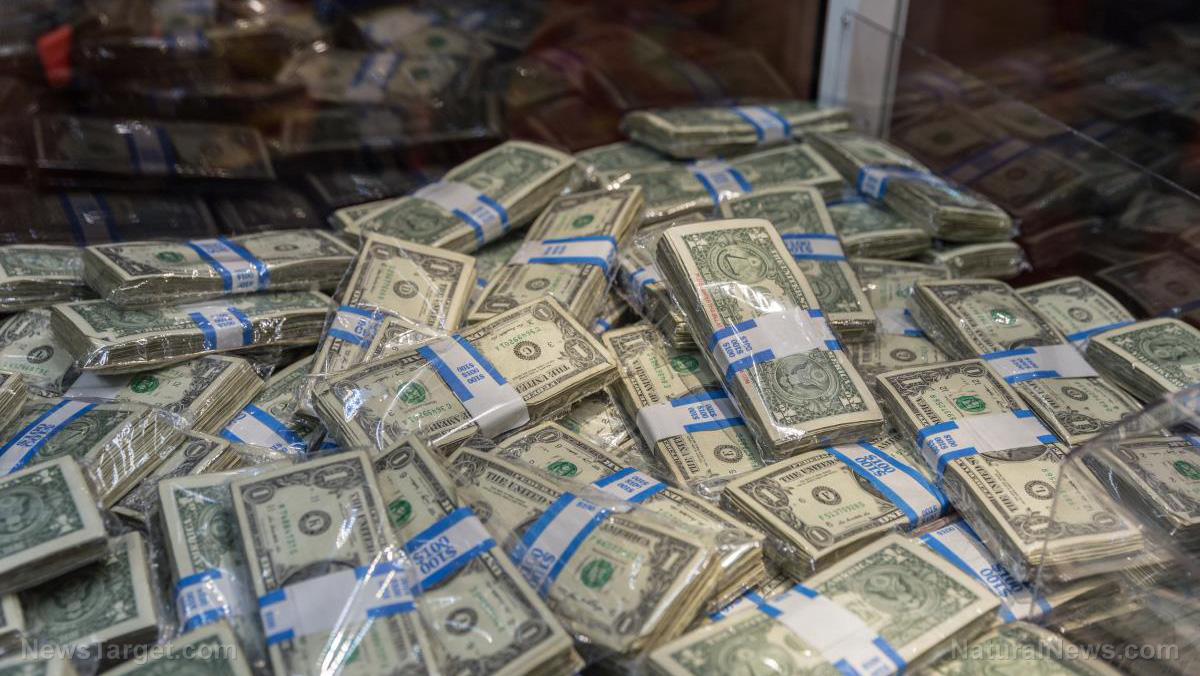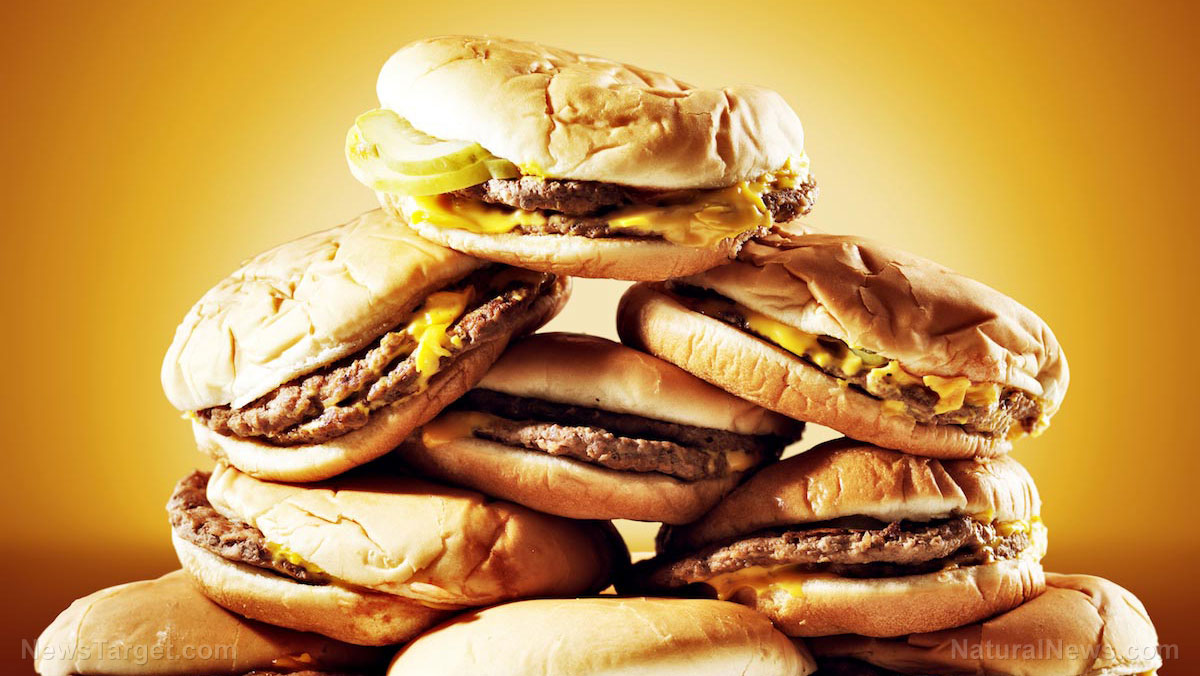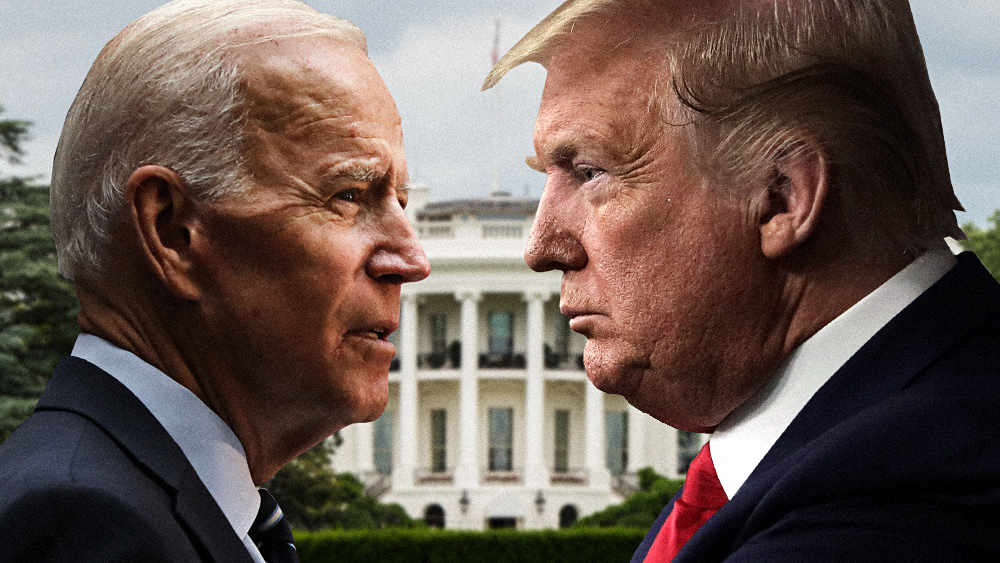The U.S. economy is so bad that even dollar discount store chains are closing down
05/29/2024 / By Cassie B.
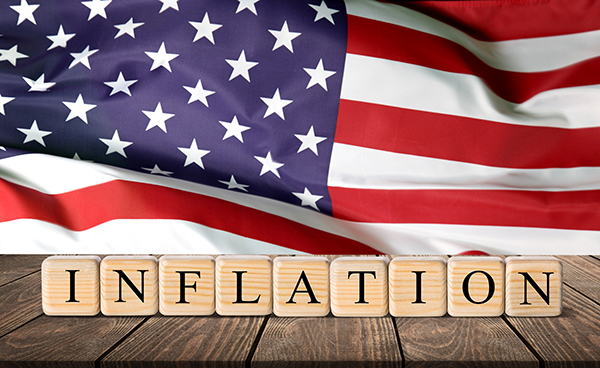
Dollar stores have long been popular among bargain-seeking Americans, so you’d expect business to be booming as the economy goes down the drain. However, it turns out the opposite is happening: the economy has gotten so bad that even dollar stores can’t keep their doors open.
The California-based discount store chain 99 Cents Only recently announced that it will be closing every one of its 371 stores after several decades of selling discounted goods. The company is blaming the closure on a variety of economic factors, including inflation, shifting consumer demands and the pandemic.
Meanwhile, the owner of Family Dollar, Dollar Tree, has recently announced that it will be closing almost 1,000 stores, with 600 locations set to close this year and a further 370 going out of business when their store leases expire in the next few years. This will represent roughly 15 percent of its total locations. The chain has been steadily raising its prices during the last few years after keeping them steady for decades; it is not unusual for dollar store prices to exceed $5.
Dollar Tree Chairman and CEO Richard Dreiling said that cutbacks in SNAP benefits have been partly responsible for their woes, but so has reduced consumer spending; he added that “categories like apparel, home décor, electronics and general merchandise remain weak as lower income consumers continue to be very deliberate about their spending.”
High labor costs and expensive leases in the face of increasing minimum wage laws and growing rents are also making it tougher to stay in business.
Another issue both chains have identified is shoplifting, which is squeezing their profits. Cities like New York and Los Angeles have seen huge upticks in shoplifting in recent years, with many retailers reporting frustration about the lack of consequences for shoplifting.
Some experts also believe that more traditional discount retailers are stealing discount-conscious customers away from dollar stores at a time when grocery prices have risen by 25 percent since the beginning of the pandemic. Dollar General CEO Todd Vasos said: “This inflationary environment we’ve lived in for the last couple years has been a shock.”
Competition from larger chains luring customers away from dollar stores
As inflation affects low-income shoppers disproportionately, many have been shopping around and comparing the prices across retailers in their area to make sure they are getting the best deal possible. Chains like Walmart and Target have a wider selection and some of their discounted prices are fairly competitive with the higher-priced items at dollar stores.
For example, Target recently announced that it would be reducing the prices of 1,500 items that are frequently purchased in their stores, such as meat, bread, fresh fruit, soda, pet food and milk, along with non-perishables such as diapers and paper towels.
In its bankruptcy filing, 99 Cents Only acknowledged it was struggling to keep up with rivals such as Costco and Walmart, noting: “The increasingly competitive landscape of the discount retail industry continued to take its toll.”
Dollar General has also announced it will remove self-checkout kiosks at 300 of its stores to deal with the growing problem of people using self-checkouts to steal products.
With inflation reaching a 40-year high two years ago and still remaining elevated, it should come as no surprise that retailers are struggling to make a profit selling items for 99 cents or $1.
Sources for this article include:
Submit a correction >>
Tagged Under:
99 Cents Only, bubble, collapse, Costco, debt bomb, debt collapse, dollar store, Dollar Tree, economic riot, economy, finance riot, grocery, inflation, market crash, money supply, pensions, retail, risk, shoplifting, target, Walmart
This article may contain statements that reflect the opinion of the author
RECENT NEWS & ARTICLES
COPYRIGHT © 2022 FinanceRiot.com
All content posted on this site is protected under Free Speech. FinanceRiot.com is not responsible for content written by contributing authors. The information on this site is provided for educational and entertainment purposes only. It is not intended as a substitute for professional advice of any kind. FinanceRiot.com assumes no responsibility for the use or misuse of this material. All trademarks, registered trademarks and service marks mentioned on this site are the property of their respective owners.





